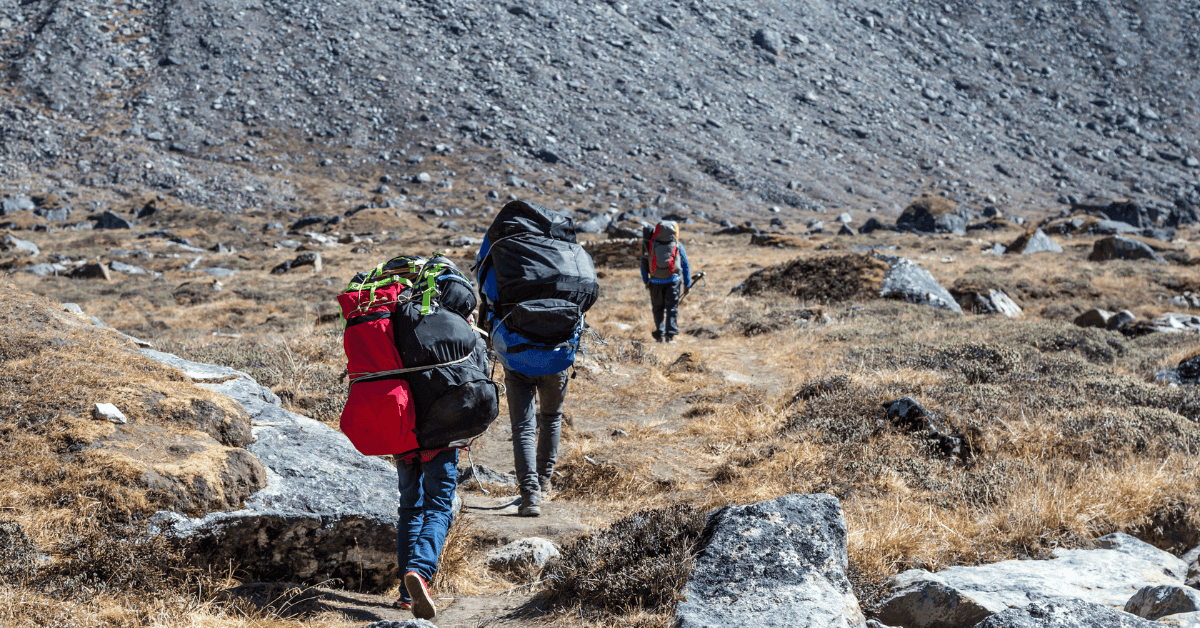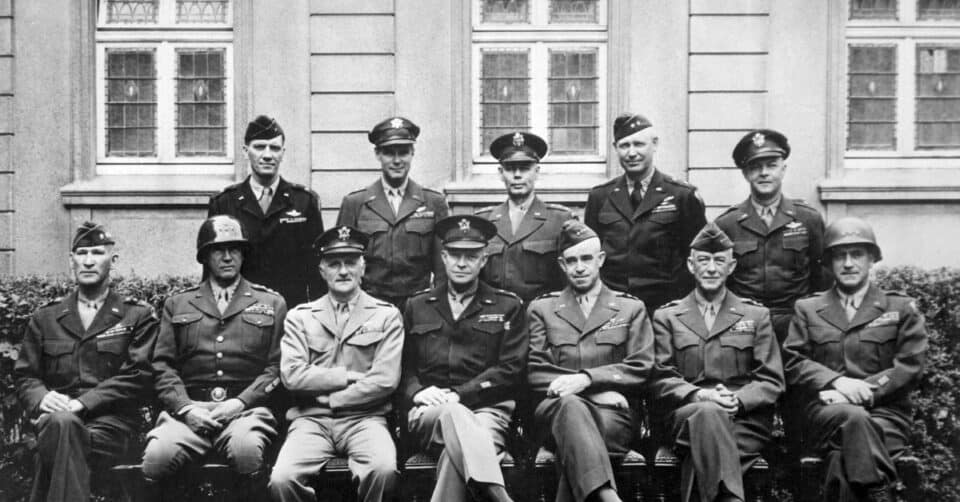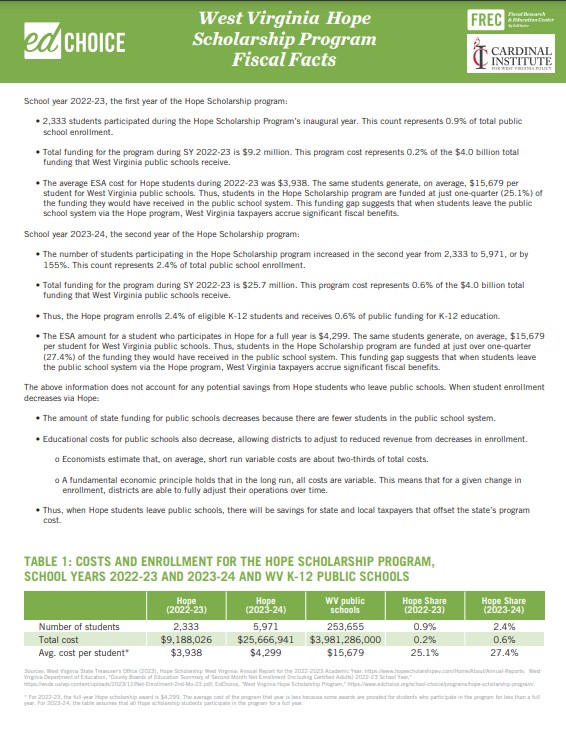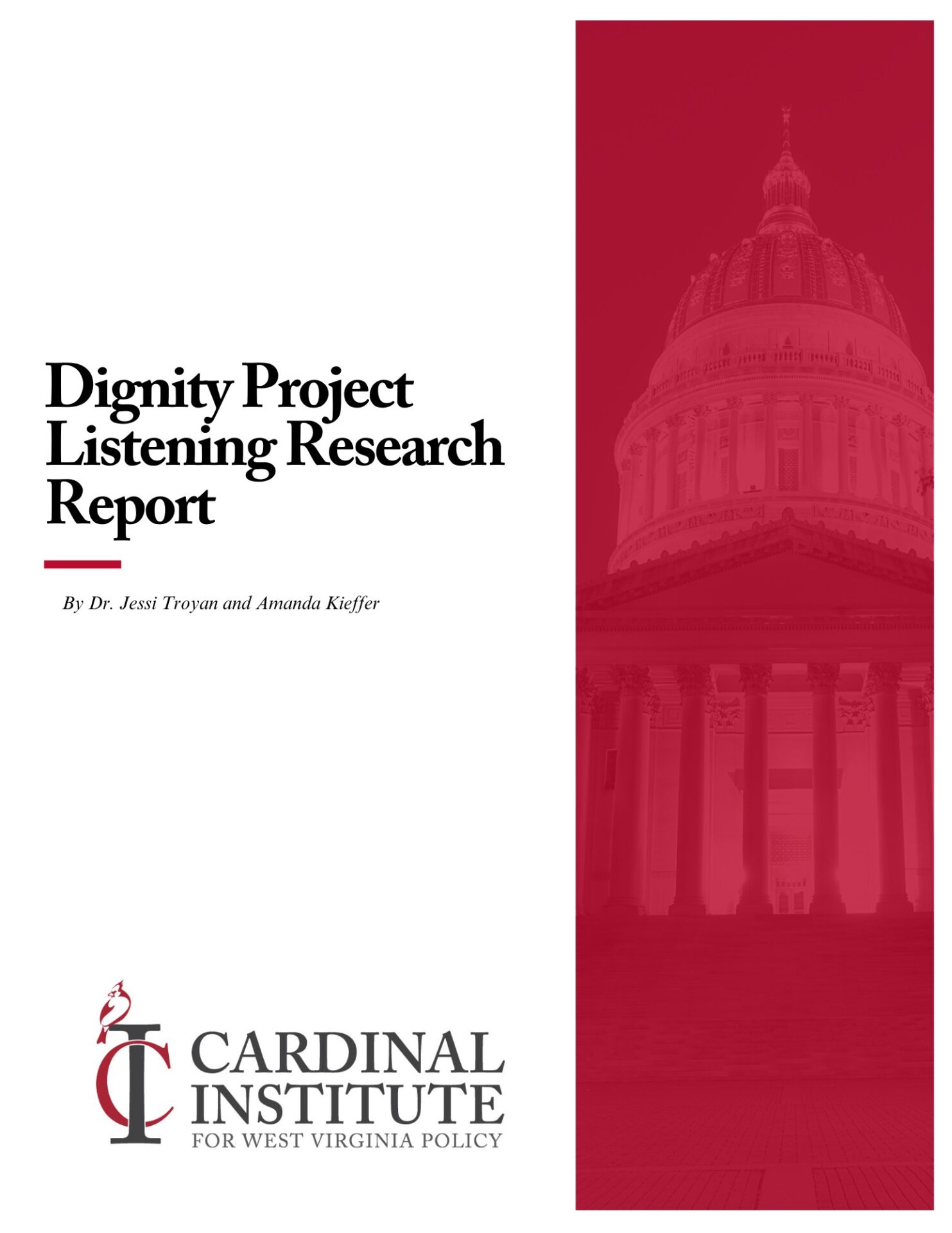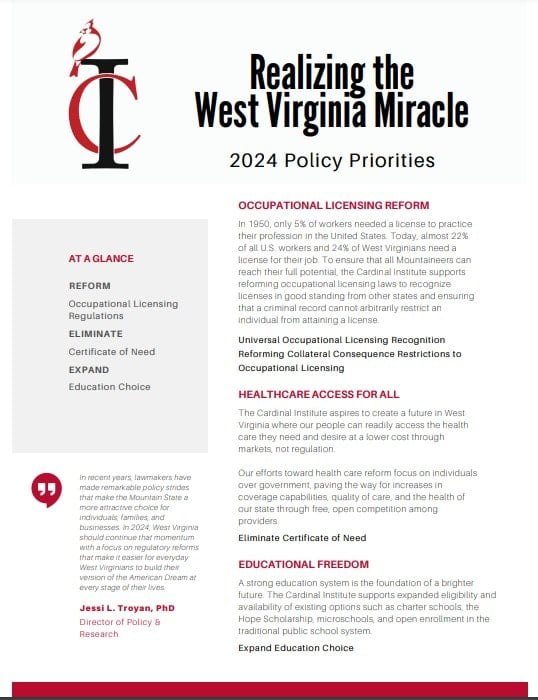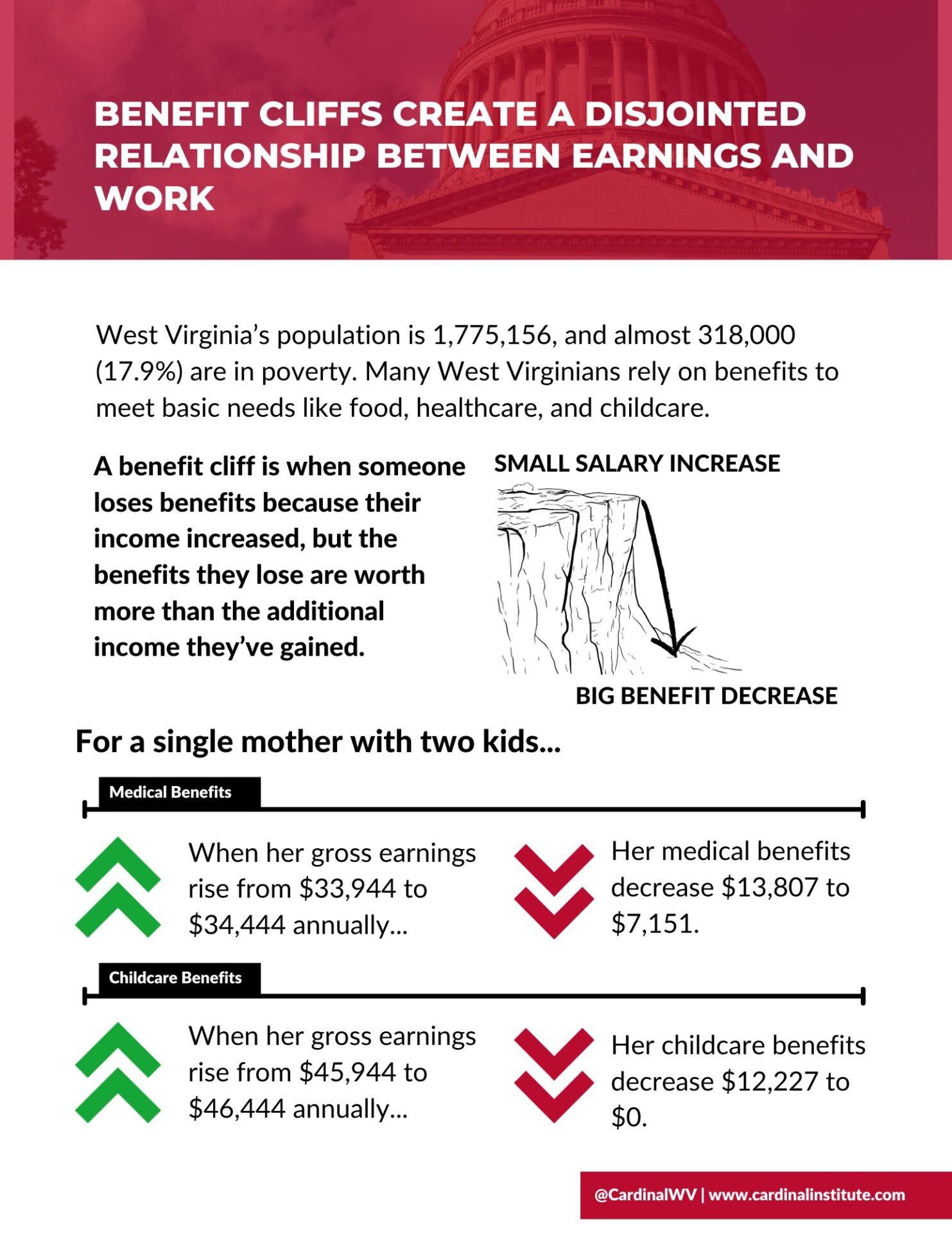A Seismic Shift in the Education Landscape
The world of K-12 education has undergone a seismic shift since the COVID-19 pandemic. Righteous parental response to school shutdowns, remote learning, exposure to curriculum, and unequal access to online education precipitated massive legislative responses across the country.
Until 2021, no state had a universal or near-universal education savings account (ESA) – the most flexible, customizable private school choice program. With West Virginia and Arizona passing such programs in 2021, eight states followed suit in subsequent years passing similar programs with governors across the country promising even more school choice expansions for 2024.
These are exciting times if one finds oneself in the reform-minded camp. However, these times are also daunting for folks trying to implement and navigate new education choice programs. Parents are taking the plunge into customizing their children’s education for the first time. Tutors and small private schools are determining whether the juice is worth the squeeze between regulatory requirements and tantalizing possibilities with a giant new pool of potential customers.
States Need Education Sherpas
Enter: education sherpas.
While traversing the Himalayan mountains, many hikers employ the knowledge and skills of the local Sherpa people. Without them, even more hikers would fail the perilous journey up Earth’s mightiest mountains.
Education sherpas are no different. They have a combination of experience and know-how. If necessary, they have the tenacity for navigating the regulatory peaks and crevasses scattered throughout a state’s regulatory code.
They are often homeschooling parents or former school administrators. Education sherpas guide parents, education service providers (e.g., tutors, curriculum providers, schools), and others through the application, approval (or denial), and even the actual purchasing of goods and services with – in the case of an ESA – the funds that have been allotted for that child.
Sherpas are also increasingly important for enterprising individuals, or “edupreneurs,” who wish to start a new school or education venture. From Elyse Marcellino’s Embark in Mississippi to Jenny Clark’s Innovation Hub in Arizona, organizations are popping up across the country to smooth the process of opening a new school.
Entering a new paradigm can be a scary thing. Thankfully, there are enterprising people nationwide who recognize a need for skill and experience in implementing successful new choice programs. Perhaps you don’t have the time or proclivity to start a new school. But maybe, just maybe, you have the skills and experience to come alongside those who do. If there are mountains to climb, there will be a need for sherpas. Our new education ecosystem is no different.
Garrett Ballengee is the President & CEO of the Cardinal institute for West Virginia Policy.



